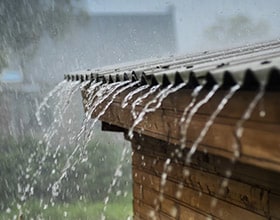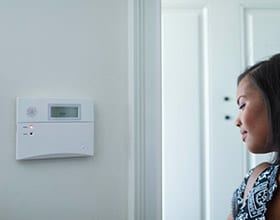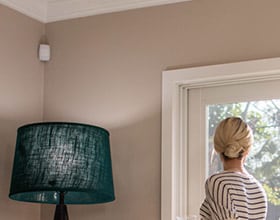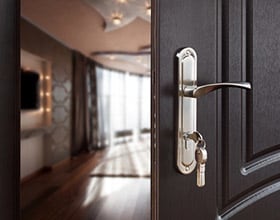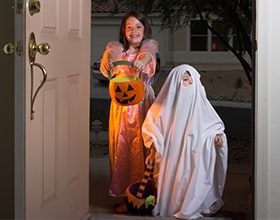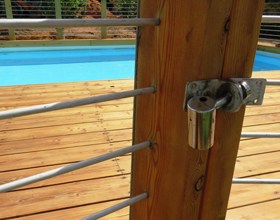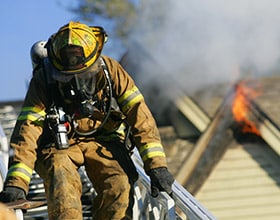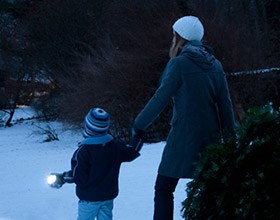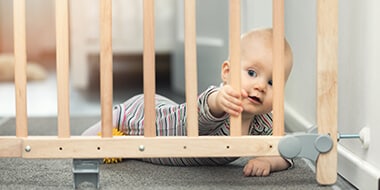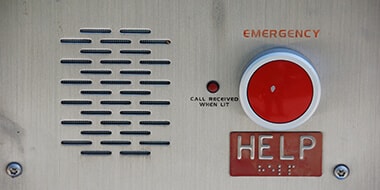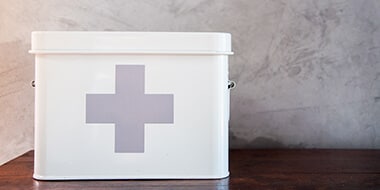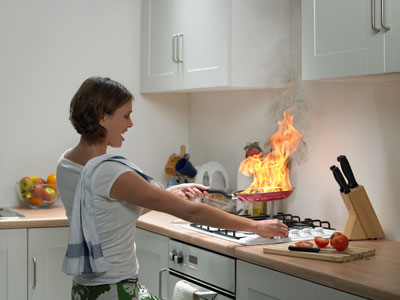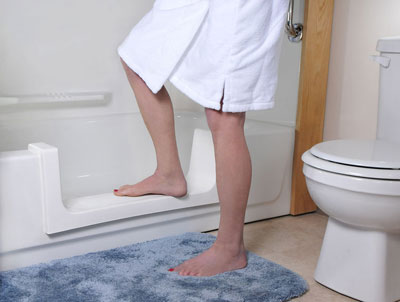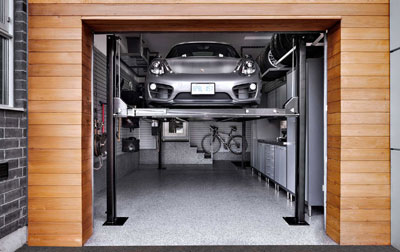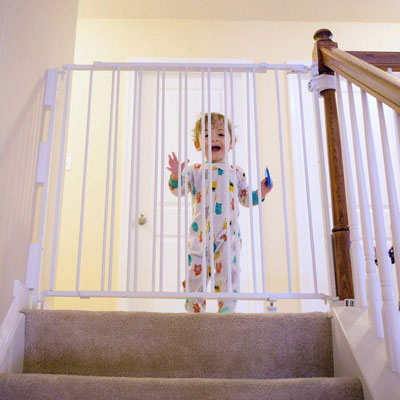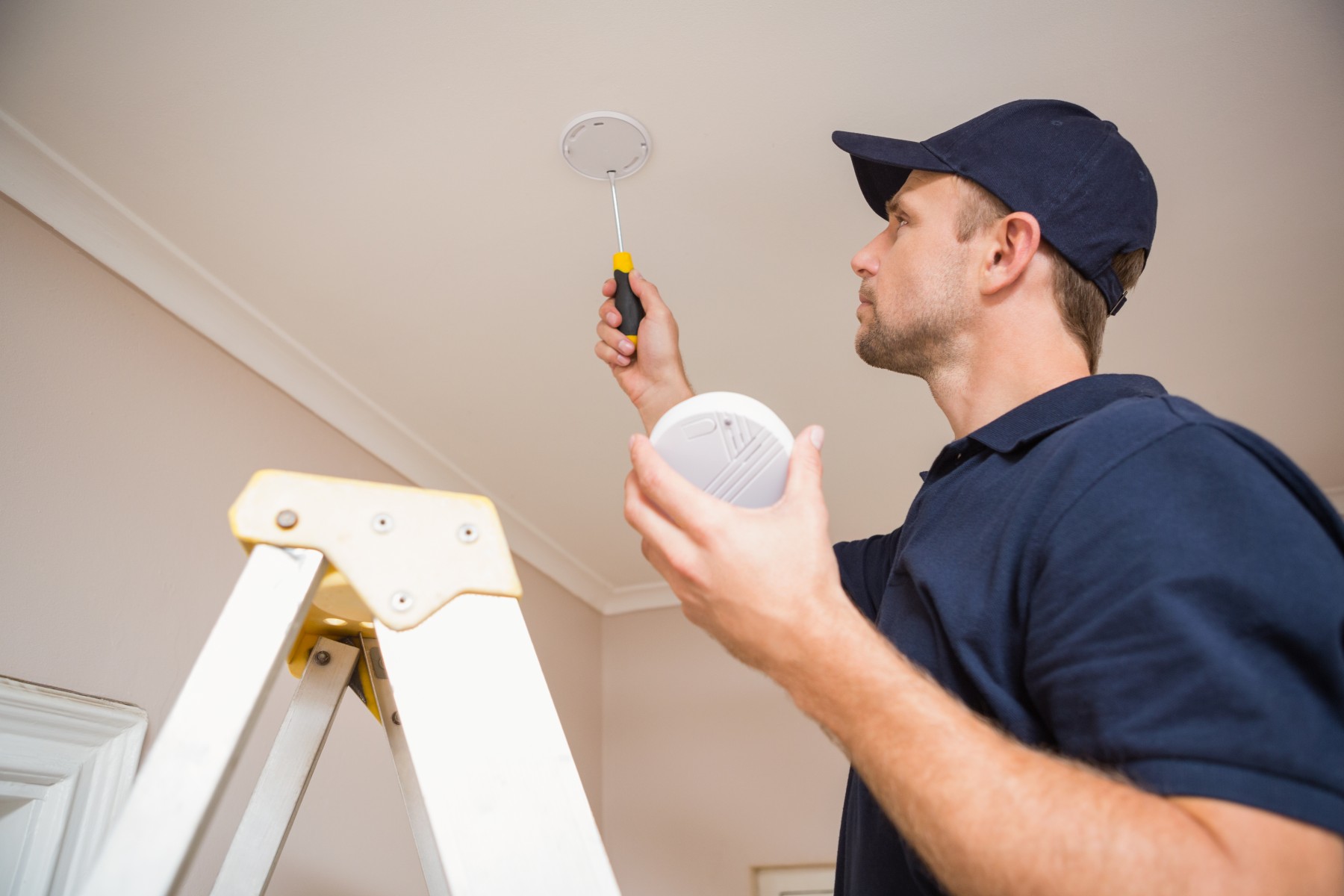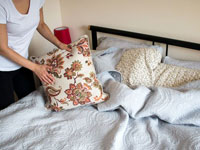 Suffering from allergies can be a terrible thing in any time, however it is Particularly hard to be breaking out in hives, coughing incessantly, and fighting to breathe when you are assumed to be falling asleep during the night. As somebody who has suffered from allergies and asthma, we understand that as hard as it might be, there are measures to take that could help make an allergy-free secure zone on your bedroom to help alleviate those hay allergies strikes.
Suffering from allergies can be a terrible thing in any time, however it is Particularly hard to be breaking out in hives, coughing incessantly, and fighting to breathe when you are assumed to be falling asleep during the night. As somebody who has suffered from allergies and asthma, we understand that as hard as it might be, there are measures to take that could help make an allergy-free secure zone on your bedroom to help alleviate those hay allergies strikes.
Try these simple hacks to allergy-proof your living space from experts house cleaning Cleveland, Ohio.
Clean frequently with organic products, as conventional cleaning supply fumes may set off an allergic response.
Wipe off your bedframe with a moist cloth weekly.
Do not store items under the mattress. It is hard to wash dust (and dust mites!)
Restrict difficult-to-clean soft surfaces such as carpets, upholstered things, and heavy draperies.
Houseplants are great air filters in case you do not have mold allergies.
Dust mites (really, their excrement) are responsible for the vast majority of year-round allergy trouble in the bedroom. Pretty gross. Here are a couple of strategies for managing dust mites:
Mattresses and box springs must be encased in a protective sheeting cover. The covers are stitched too closely for the bugs to slide through, so that they can not take up residence on your mattress, or, if they live on your mattressthey can not get out to irritate you. Down is an attractive home for dust mites, so be especially careful to pay or remove down bedding from your bedroom. Including all soft surfaces in your mattress -- it's easy to overlook that the mattress pad or dust ruffle should you use a single.
Hard flooring are perfect for people with allergies, but should you have rugs, vacuum them frequently with a HEPA vacuum cleaner. Classic vacuum filters may spread allergens throughout the atmosphere and cause an allergic response.
Pollen is the culprit for allergies. Obviously, there are various pollens at various times of the year, so if you are allergic to plenty of pollens your seasonal allergies are sometimes a close year-round issue. Pollen enjoys to stick to clothes and hair when you go outdoors and has a inclination to accompany you as soon as you return indoors. To have a little relief from pollen at the sack:
Don't wear/bring filthy clothes or outerwear in your bedroom. Locate a spot outside the bedroom to your clothing hamper, and make sure you change to new, clean clothing before going to the bedroom. Much like clothes, pollen sticks to your shoes, and sporting them in to your bedroom will monitor the allergen anyplace.
Bathe prior to heading to bed in the nighttime. This eliminates all the pollen that has gathered in your skin and hair through the day, preventing you from spreading the pollen on your mattress at night. I must saythis one had been life altering for me! A new breeze is fine, but it might carry allergens inside. A fan can give you a small air flow, without attracting pollen from outside.
Mold may be a sneaky allergen since it can hide in unexpected places, such as under your carpet or on your own hamper. Should you detect mold, it may be washed with bleach, or so the molded item could be removed completely. Hopefully you will not need to take care of a full-blown mould problem, but even tiny regions of mold could cause big allergies. Here are a couple of suggestions to protect against mould:
Houseplants should be held out the bedroom. Mold can grow in the dirt and also on the plant itself, and may not be visible to you till after you have begun having allergy issues.
Damp items shouldn't be put into hampers till they're dry. The dark, moist surroundings of a hamper is the perfect location for mould to grow. The hamper ought to be held out of your bedroom, and emptied frequently to prevent mold growth.
Keep a look out for damp stains around windows and outside doors. In case you have carpeting, this consists of the carpeted area under any windows or doorways. Should you find a wet place from the wall or walls casings, then it may be best to call in an expert to be certain the issue is not structural or prevalent in some manner.
This is a difficult one. Most of us love our pets and want to invest as much time together as you can, but whenever you've got a pet dander allergy it is not necessarily feasible to allow them to talk about your bedroom with you. There are a number of things that you can do to help alleviate pet dander allergies on your bedroom:
Produce a wonderful location for the pet to sleep which is out of your bedroom. If your pet is accustomed to sleeping on your area it can be a tricky adjustment, however, a brand new pet mattress and cuddly blankets might help facilitate the transition.
Close the door to a bedroom when you are not planning to stop your pets out of spending some time in there.
Vacuum using a HEPA filter frequently. Pet dander gets heavy into carpeting and does not vacuum out readily, so if it's in any way possible hard flooring are a lot better for pet dander allergies. This cuts back on the amount of fleas drop, and it is always nice for the own pet to be clean and fluffy!
Allergies are so tough to manage, and hard to live with. While it may not be sensible to live a entirely free life, using your bedroom be an allergy-free refuge may go a very long way in assisting you breath simpler (literally!) In a normally allergen stuffed world.
 Suffering from allergies can be a terrible thing in any time, however it is Particularly hard to be breaking out in hives, coughing incessantly, and fighting to breathe when you are assumed to be falling asleep during the night. As somebody who has suffered from allergies and asthma, we understand that as hard as it might be, there are measures to take that could help make an allergy-free secure zone on your bedroom to help alleviate those hay allergies strikes.
Suffering from allergies can be a terrible thing in any time, however it is Particularly hard to be breaking out in hives, coughing incessantly, and fighting to breathe when you are assumed to be falling asleep during the night. As somebody who has suffered from allergies and asthma, we understand that as hard as it might be, there are measures to take that could help make an allergy-free secure zone on your bedroom to help alleviate those hay allergies strikes.
